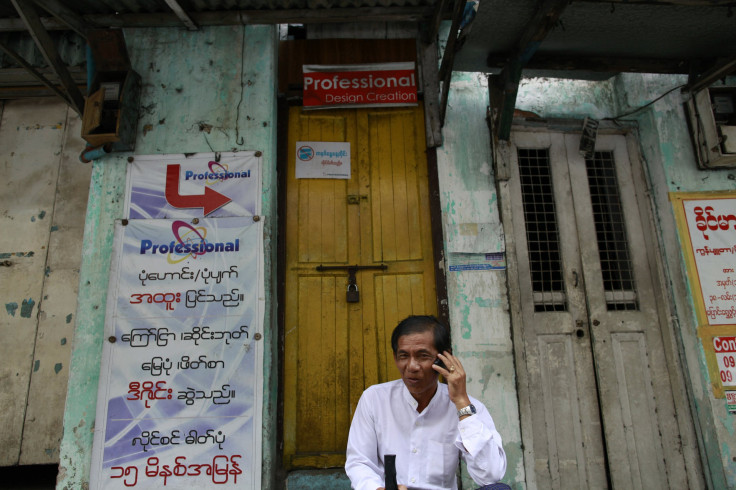Myanmar Real Estate: High Property Prices Make It Difficult For Convenience Stores To Be 'Convenient'

The high real estate prices in Yangon, the commercial center of Myanmar, have made it harder for many foreign businesses to enter the Burmese market, yet it may be domestic entrepreneurs – like convenience store owners - who are more severely punished by the skyrocketing prices.
The convenience store sector in Myanmar has been in existence for only two years, after the civilian government took control of the Southeast Asian nation. The stores are concentrated in Yangon commercial areas such as Kyauktada, Latha and Pabedan, the Irrawaddy reported Wednesday.
The three biggest domestic convenience store operators in Yangon -- Myanmar Indo Best (which has 50 outlets), City Mart (with about 30 outlets) and Capital Hypermart -- have found it difficult to sustain their businesses, which are usually in densely populated areas with a lot of foot traffic, in the face of escalating real estate prices.
City Mart Holdings began operating its City Express convenience stores in 2012, but has yet to turn a profit, according to Win Win Tint, the director of the company. Initial investment per store amounts to 100 million kyats ($102,000) without even factoring in rent, so the pressure from cost is intense.
“It’s still hard to look for better locations in crowded areas, because we need to open on ground floors, so rent prices are too expensive downtown,” said Win Win Tint, according to the Irrawaddy. “That’s why it has become a major issue for us to open more.”
Convenience stores, which rely on a steady stream of customers who make purchases such as snacks, beverages, cigarettes and small household goods, have changed the Burmese consumers’ shopping habits; previously, similar purchases could be made only at supermarkets and shopping malls. Many convenience stores also operate 24 hours a day.
But to be “convenient,” stores need to find ground-level locations, which are often the most expensive properties in already expensive areas of Yangon. Rents for a 1,200-square-foot ground-floor property in Kyauktada can cost 3 to 5 million kyats a month, according to a local real estate agent. With annual rent totaling upward of $60,000, it is no wonder that City Express stores have yet to make a profit.
An added pressure for these domestic chains is the possibility that many foreign convenience store operators, like 7-Eleven, may be looking to enter the Burmese market, the Irrawaddy reported.
“I can say that convenience stores will be a successful retail format in the future, so we need to prepare for foreign investment in this business now,” Win Win Tint said.
© Copyright IBTimes 2024. All rights reserved.





















